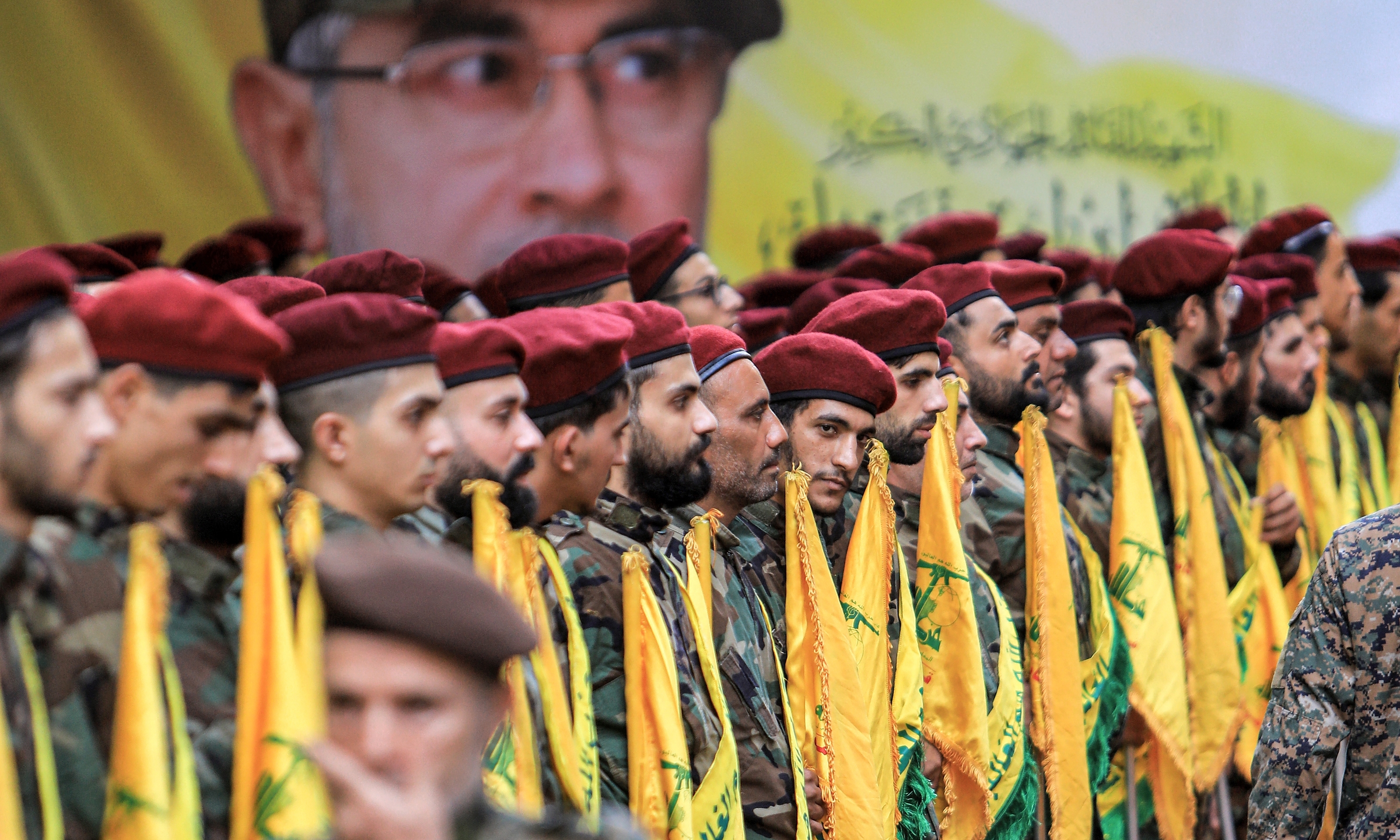Following a lengthy cabinet meeting chaired by Lebanese President Joseph Aoun on 5/8, Prime Minister Nawaf Salam announced that the government has directed the army to formulate a plan "to confine all weapons to the state's military and security forces, to be completed before the end of this year". The Lebanese army is expected to present the implementation plan by the end of August for discussion and approval.
This move aims to implement the November 2024 ceasefire agreement with Israel, amidst increasing pressure from the US. US special envoy Tom Barrack last week urged the Lebanese government to "take immediate action", allowing only state forces to possess and use weapons within Lebanon's borders.
However, President Aoun and Prime Minister Salam have faced opposition from Hezbollah's political wing. Health Minister Rakan Nassereldine, a Hezbollah member, and Environment Minister Tamara Elzein, from Hezbollah's allied Amal movement, both boycotted the cabinet meeting to protest the disarmament plan.
 |
Hezbollah members in the southern suburbs of Beirut, Lebanon, September 2024. Photo: AFP |
Hezbollah members in the southern suburbs of Beirut, Lebanon, September 2024. Photo: AFP
Hezbollah leader Naim Qassem asserted that the group will not disarm "as long as Israeli attacks continue". He rejected the US special envoy's proposal, calling it "an imposition aimed at completely stripping both Hezbollah and Lebanon of their power".
Hezbollah was formed in the early 1980s with the backing of Iran's Islamic Revolutionary Guard Corps to fight Israel. Beyond being a militia, the group holds considerable social, religious, and political influence within Lebanon's Shiite Muslim community. Its political wing and allies control nearly half the seats in Lebanon's parliament and several cabinet positions.
Hezbollah was once considered the most influential faction in Lebanon, often criticized for using its armed strength to influence domestic policy. However, the group's prestige and power have diminished since the conflict with Israel.
Israel has conducted several airstrikes into Lebanese territory in recent months despite the ceasefire, warning that they will continue until Hezbollah is disarmed.
The international community has tied aid to Lebanon to the progress of Hezbollah's disarmament. President Aoun last week stressed Lebanon's commitment to "removing weapons from all armed groups, including Hezbollah, and handing them over to the army". He warned that the country is at a critical juncture and "must choose between collapse or stability".
The US has not yet guaranteed that it will prevent Israel from continuing its attacks on Lebanon. A Lebanese official revealed that Hezbollah will not relinquish its weapons "without corresponding concessions, and the US understands this". The group believes the priority should be discussions about rebuilding Lebanon after the war, while Israel must completely cease its attacks and dismantle 5 outposts on Lebanese territory.
Thanh Danh (According to AFP)












